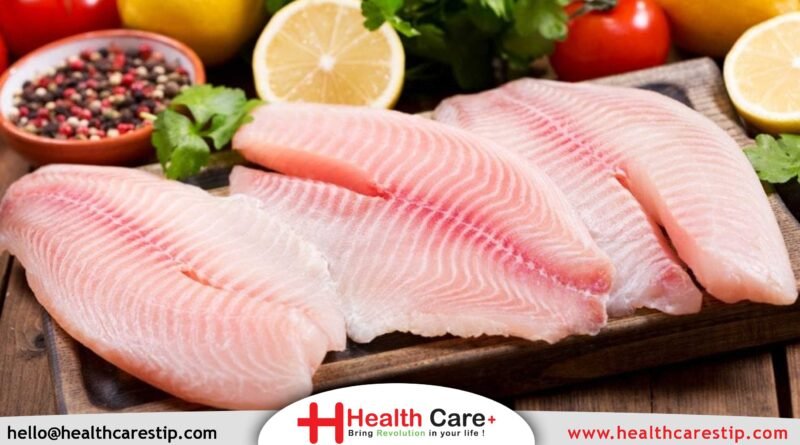Fish
Risks of eating fish
While eating fish has nutritional benefits, it also has potential risks. Fish can take in harmful chemicals from the water and the food they eat. Chemicals like mercury and PCBs can build up in their bodies over time.
- High levels of mercury and PCBs can harm the brain and nervous system.
- Mercury can be especially harmful to fetuses, infants, and children because their bodies are still developing.
- PCBs can cause cancer and other harmful health effects.
Benefits of eating fish
Fish are an important part of a healthy, well-balanced diet. They provide a good source of protein and vitamins, and are a primary dietary source of heart-healthy omega-3 fatty acids.
- Omega-3 fatty acids can:
- lower risk of heart disease
- lower triglyceride levels
- slow the growth of plaque in your arteries
- and slightly lower blood pressure
- Omega-3 fatty acids may also provide health benefits to developing babies.
- Pregnant and breastfeeding women can pass this nutrient to their baby by eating the right kind of fish.
- Fish species that have higher levels of omega-3s are shown with a heart icon (
 ) when OEHHA recommends that they can be eaten at least once a week.
) when OEHHA recommends that they can be eaten at least once a week.
Omega-3 Fatty Acids:
- Help maintain a healthy heart by lowering blood pressure and reducing the risk of sudden death, heart attack, abnormal heart rhythms, and strokes.
- Aid healthy brain function and infant development of vision and nerves during pregnancy.
- May decrease the risk of depression, ADHD, Alzheimer’s disease, dementia, and diabetes.
- May prevent inflammation and reduce the risk of arthritis.
SKIN | PAIN | DIABETES | CANCER | HEART ATTACK | NUTRITIONS | AVOID | HEALTHY FOOD





